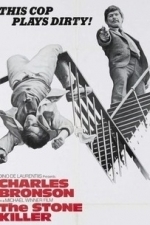"There was a record store in the Times Square subway station, and another one on 42nd Street, both of which had big “international sections,” as they called it. It included everything from the rest of the world, all on vinyl, but with no information. You’d look at the cover and go, What’s this like? It was a total crapshoot. But occasionally, I’d hear something that would blow my mind, like a Fela Kuti record; the first one I picked up was called Expensive Shit, and obviously I picked that up because of the title. The covers were the best—like Cambodian pop records with a bunch of people in traditional garb, all holding electric guitars—and you’d look at them for clues. You’d think, What in the world could that be? You’d buy it, and it would be pretty cool.
In 1986, I did a fiction film called True Stories. I guess you would call it a musical comedy. We were doing the mixing in San Francisco, so I’d go down to the big Tower Records on North Beach and go to the international section. One day, I came back with a whole bunch of Brazilian records, because I had maybe heard of a couple of the artists, but didn’t really know what their records were like. One was a Caetano Veloso record called Muito, and then there was a Milton Nascimento record, and probably a Gilberto Gil record, and those blew my mind. They had elements that were psychedelic and that had a Brazilian feel. They were really beautiful, but then I dug a little bit more and found out they were also really political. These guys had been exiled, thrown in jail.
I was connecting with it, and I realized that my generation didn’t know any of this music. So I asked our record label, “Can we license this music, and can I make a compilation of my favorite cuts?” That one record led to another one: There was a Brazilian series, then a Cuban series, because Cuban music had not been available in the United States for decades. And I started my own label, Luaka Bop."
Source

